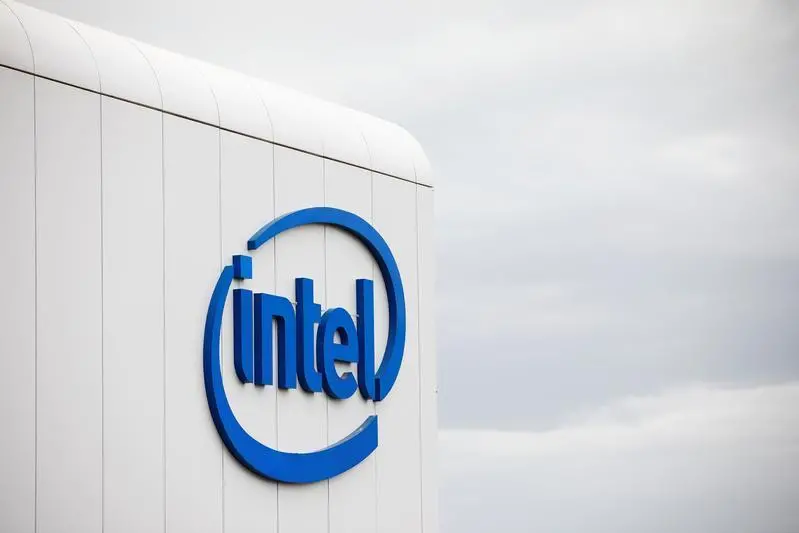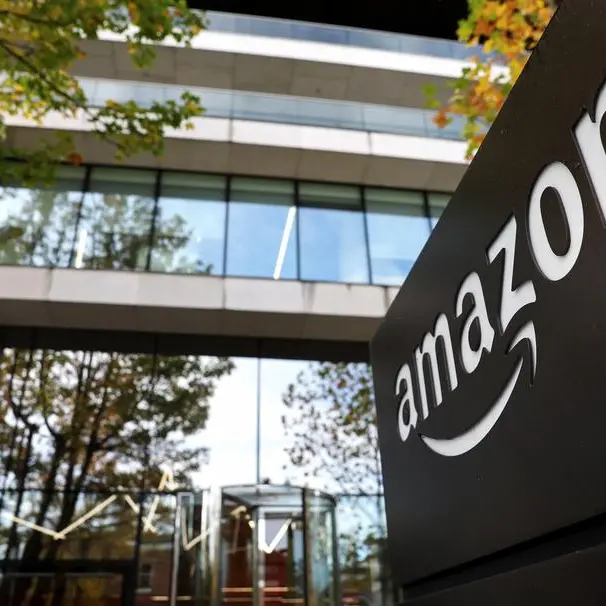PHOTO
Chipmaker Intel Corp on Thursday cut its 2022 revenue forecast for the second time this year and Chief Executive Pat Gelsinger, asked about potential layoffs, told Reuters "people actions" would indeed be part of a cost reduction plan.
Intel shares jumped 6% in after-hours trade. They had slumped roughly 47% so far this year, underperforming both the S&P 500 index and the Philadelphia SE Semiconductor index.
In its earnings release Intel said it was focused on driving $3 billion in cost reductions in 2023.
"The amount that we can do with respect to people costs is a minority of our overall cost structure. So driving efficiency in the factory network is way more important to our economics than people cost," Gelsinger told Reuters, adding that adjustments of flexible workforces can be "quite immediate".
The adjustments would start in the fourth quarter, he said, but did not specify how many employees would be affected.
Intel had 110,600 employees in late 2020, right before Gelsinger took the helm. That ballooned to 131,500 by early October this year.
Net income for the third quarter ended Oct. 1 was $1.02 billion, or 25 cents per share, down sharply from profit of $6.82 billion, or $1.67 per share, a year earlier
A slump in PC demand and recession fears have muddied the outlook for the data center market, both big markets for Intel.
Intel's "PC Client business was the silver lining as sales grew sequentially giving investors some hope that share loss has moderated materially," said Summit Insights Group analyst Kinngai Chan.
"We believe its data center share loss should also moderate going into next year."
Surging inflation has hit demand for computers and other gadgets, forcing electronics companies to cancel orders for components such as chips as they struggle to clear inventory.
PC shipments fell 15.5% in the third quarter, data from Counterpoint Research showed. The research firm expects a 13% drop for the full year, higher than Intel's estimate of a roughly 10% decline.
Chipmakers have also come under pressure from concerns that the threat of a global recession could prompt clients from the more lucrative data center market to wind down spending.
The company now expects annual revenue of about $63 billion to $64 billion, compared with $65 billion to $68 billion estimated earlier. Its original forecast was for about $76 billion.
Analysts on average expect annual revenue of $65.26 billion, according to Refinitiv data. (Reporting by Chavi Mehta in Bengaluru and Jane Lanhee Lee; Editing by Devika Syamnath and David Gregorio)





















